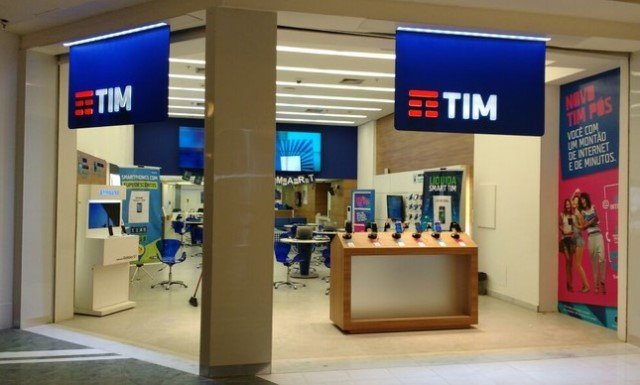Europe’s TIM Group announced it has launched two new Open RAN solutions on its network in Matera and Turin, Italy using Dell Technologies infrastructure.

TIM said the new network aims to accelerate the development of digital services to benefit citizens and businesses.
TIM also announced that the first 5G Open RAN connection on 3.7 GHz frequencies has been established in the TIM Innovation Lab in Turin. Dell Technologies is providing infrastructure and servers for both TIM initiatives.
The news follows a busy few months of substantial Open RAN customer wins across the globe for Dell Technologies, including DISH Network, Vodafone, Orange and Deutsche Telekom.
TIM Group’s program to develop Open RAN (Open Radio Access Network) Solutions on its mobile network continues in Matera and Turin. The aim is to accelerate the development of 5G digital services and Edge Computing through centralised and cloud-based functions for the benefit of citizens and businesses.
Specifically, after the launch in Faenza, the first location in which TIM activated Open RAN technology, the solution was activated also in Matera, thanks to collaboration with Mavenir for RAN components and MTI for 4G Radio Unit.
This solution, in cooperation also with Dell Technologies, Intel and VMware, allows to separate the components (hardware and software) of the radio access network with a view to diversifying suppliers and promoting a broader ecosystem within the industry.
The first Open RAN 5G stand-alone (i.e. completely independent from 4G) connection was established at the TIM Innovation Lab in Turin and will soon also be activated in the field in Matera. This achievement made use of the 3.7 GHz frequencies on TIM’s 5G network, in collaboration with Mavenir for core network and radio functionality, Dell Technologies and Intel for infrastructure and VMware Telco Cloud Platform for the End-to-End network function virtualization and automation software.
The development of Open RAN solutions, in line with the 2021–2023 ‘Beyond Connectivity’ plan, makes it possible to combine the potential of Edge Cloud and AI. It allows operators to strengthen security standards, improve network performance and optimise costs, in order to provide increasingly advanced digital services, such as those connected with new Industry 4.0, Smart City and Autonomous Driving solutions.
